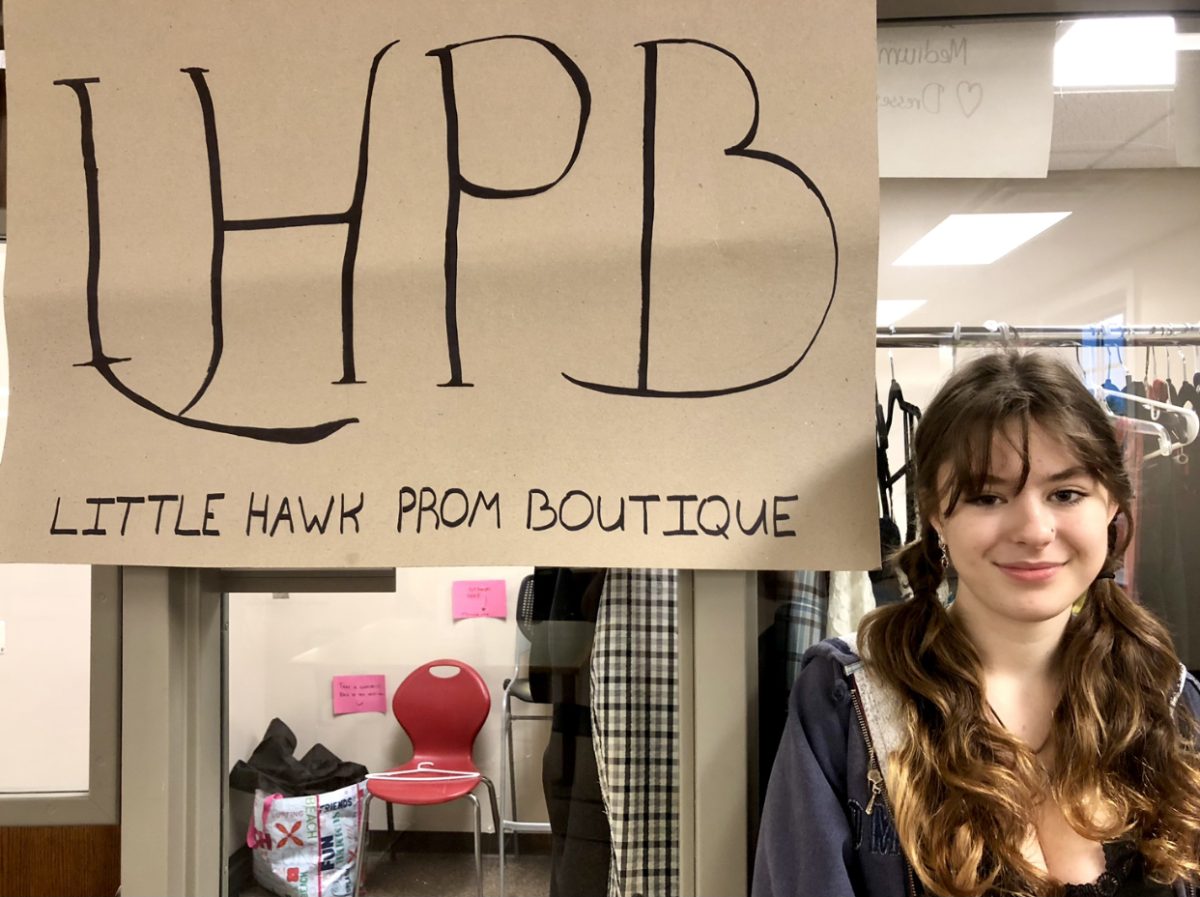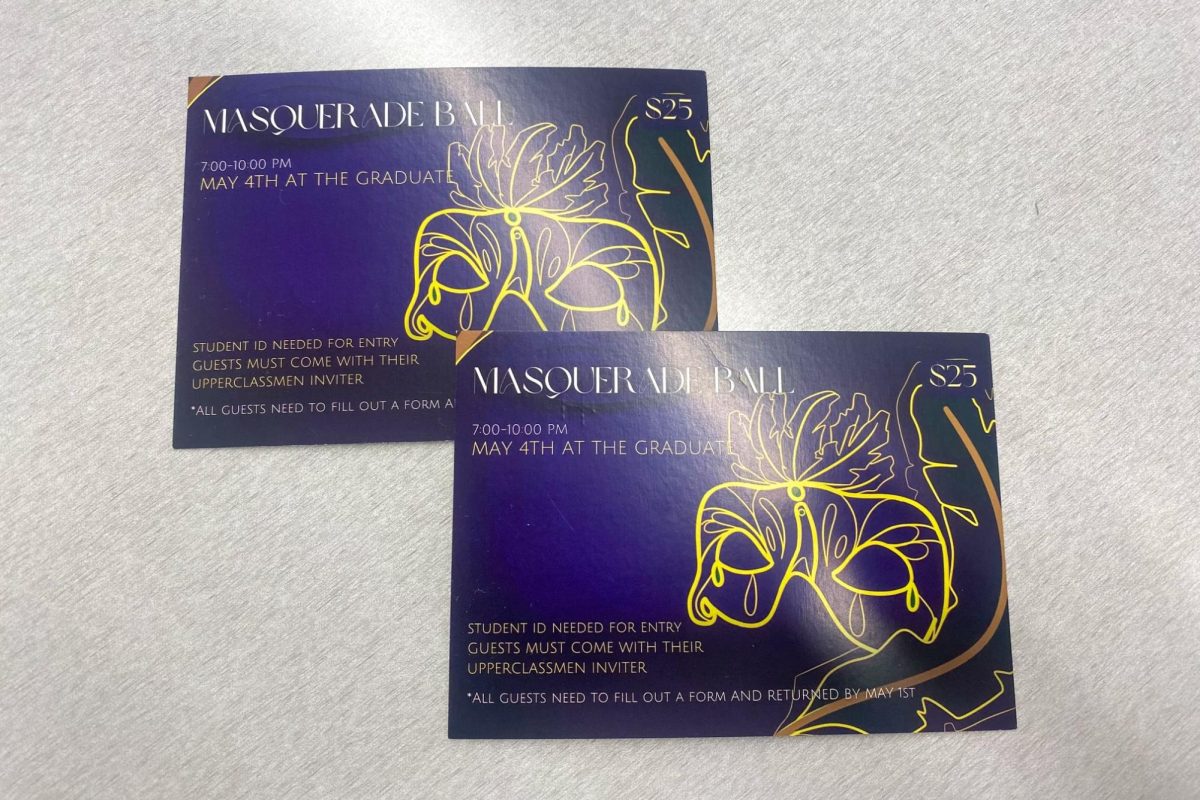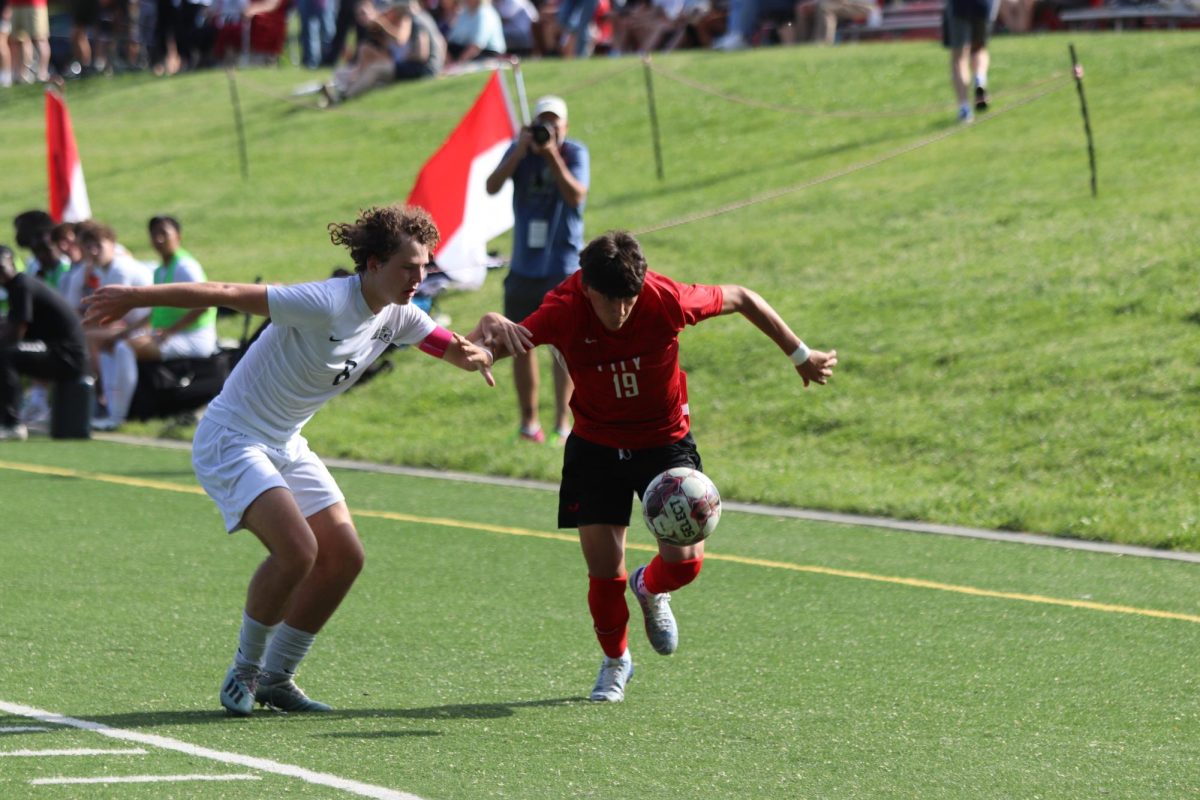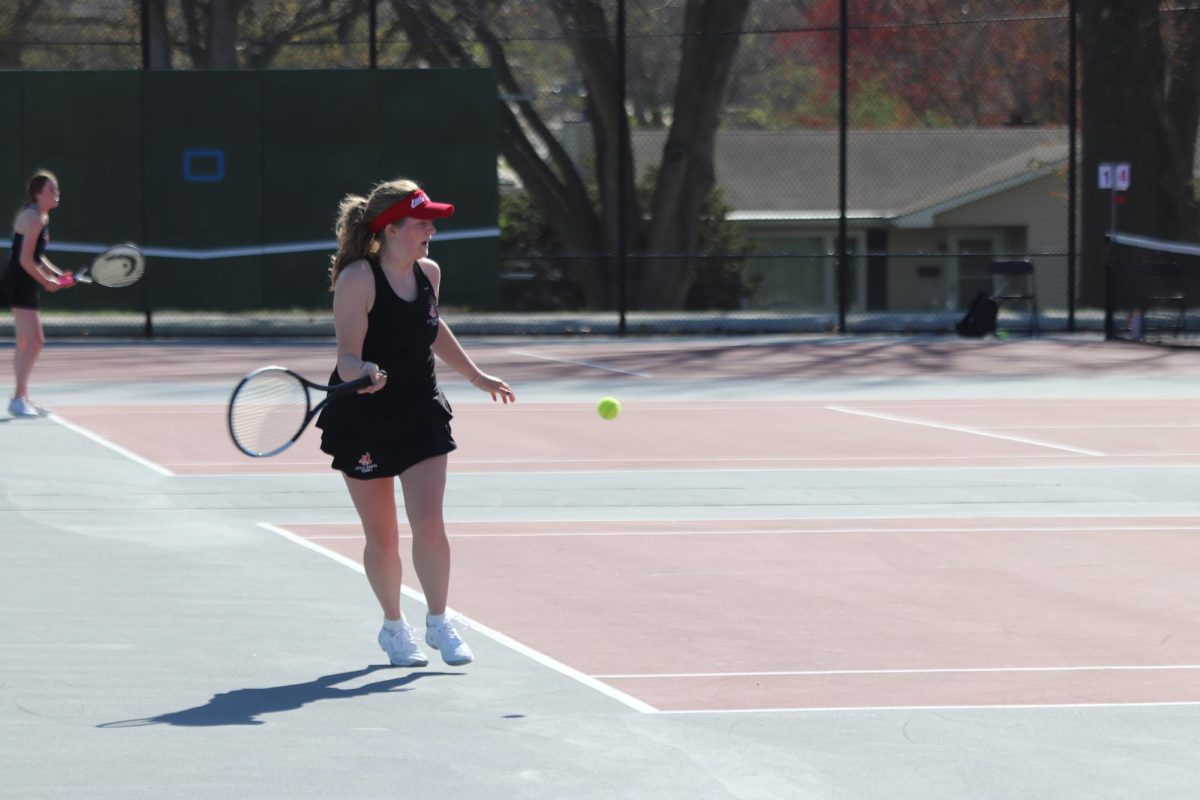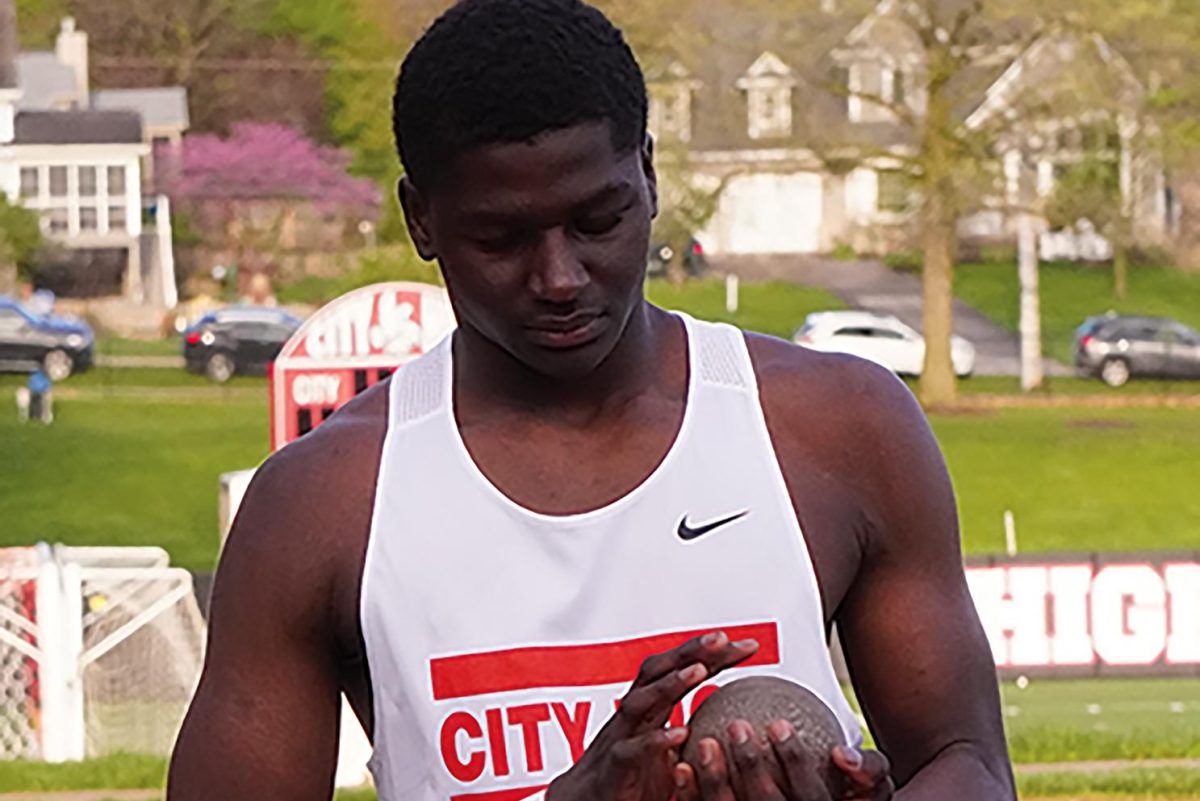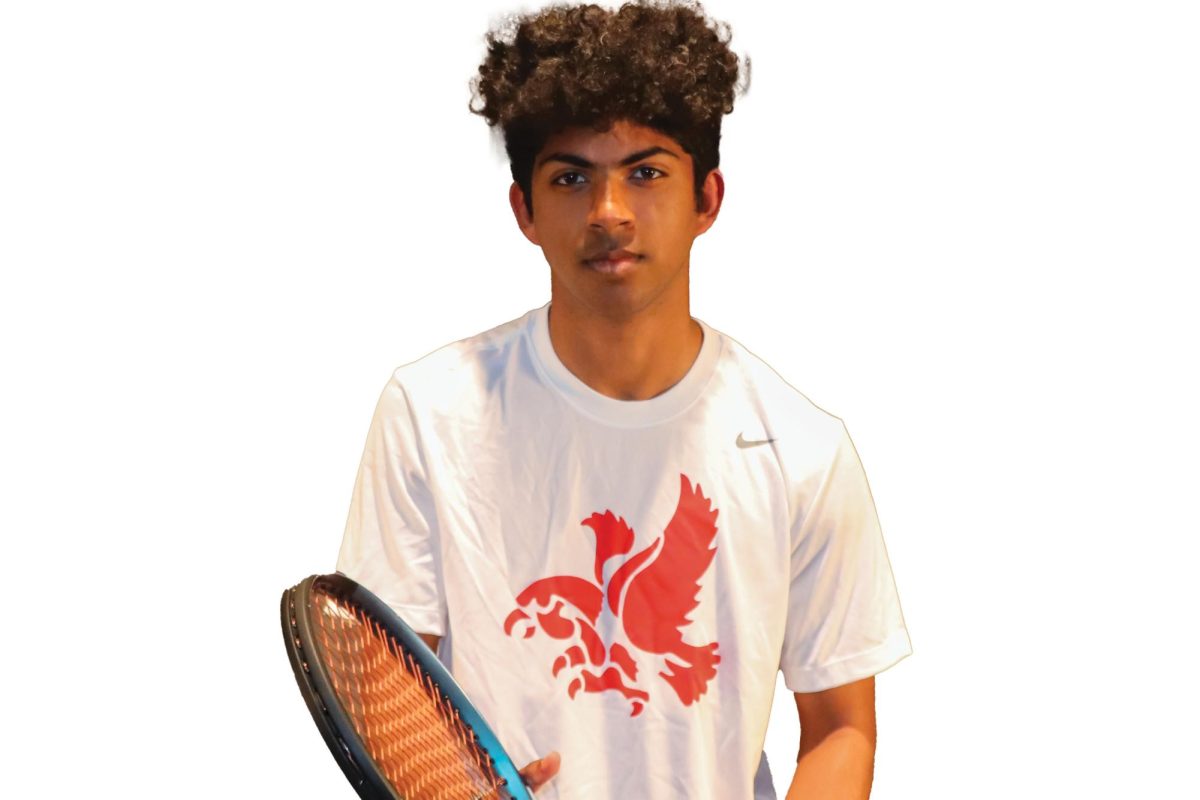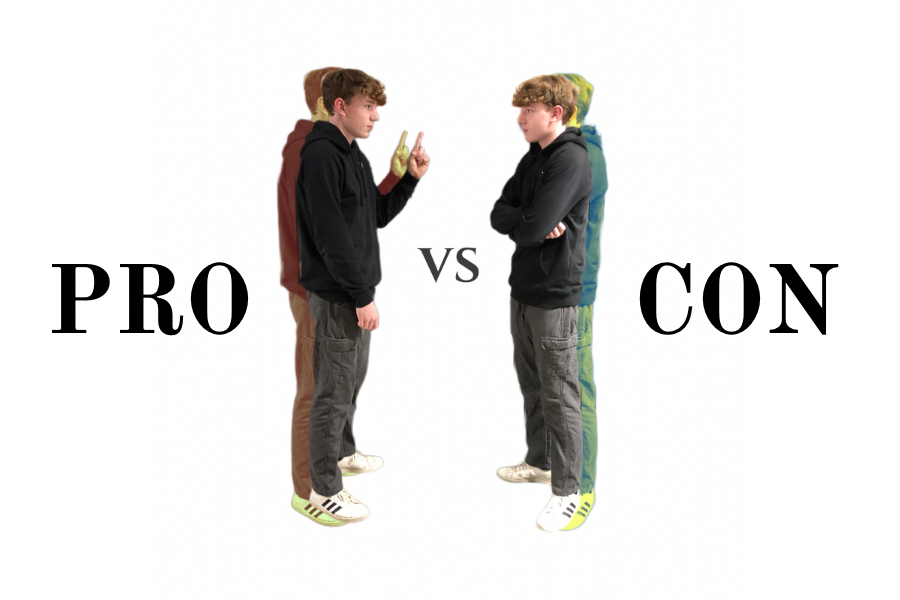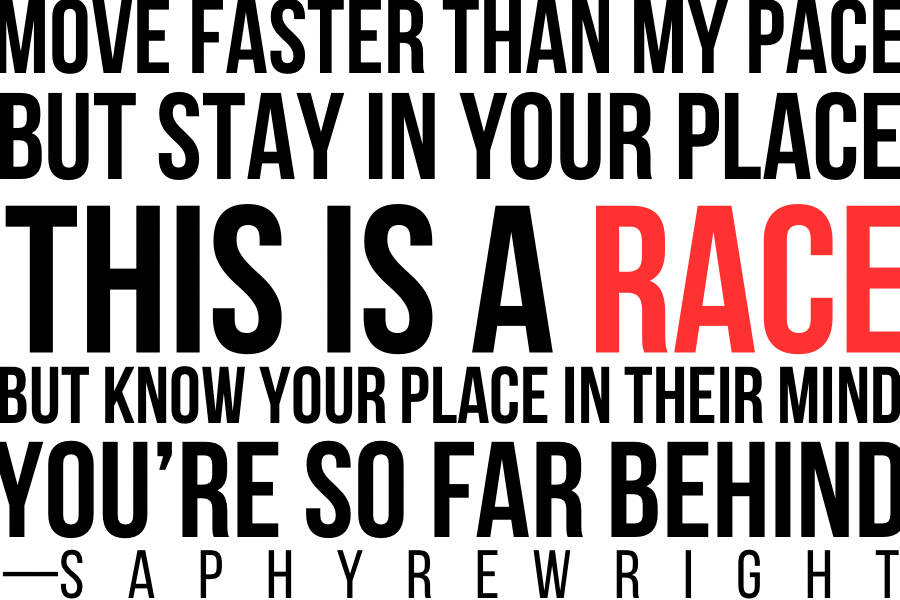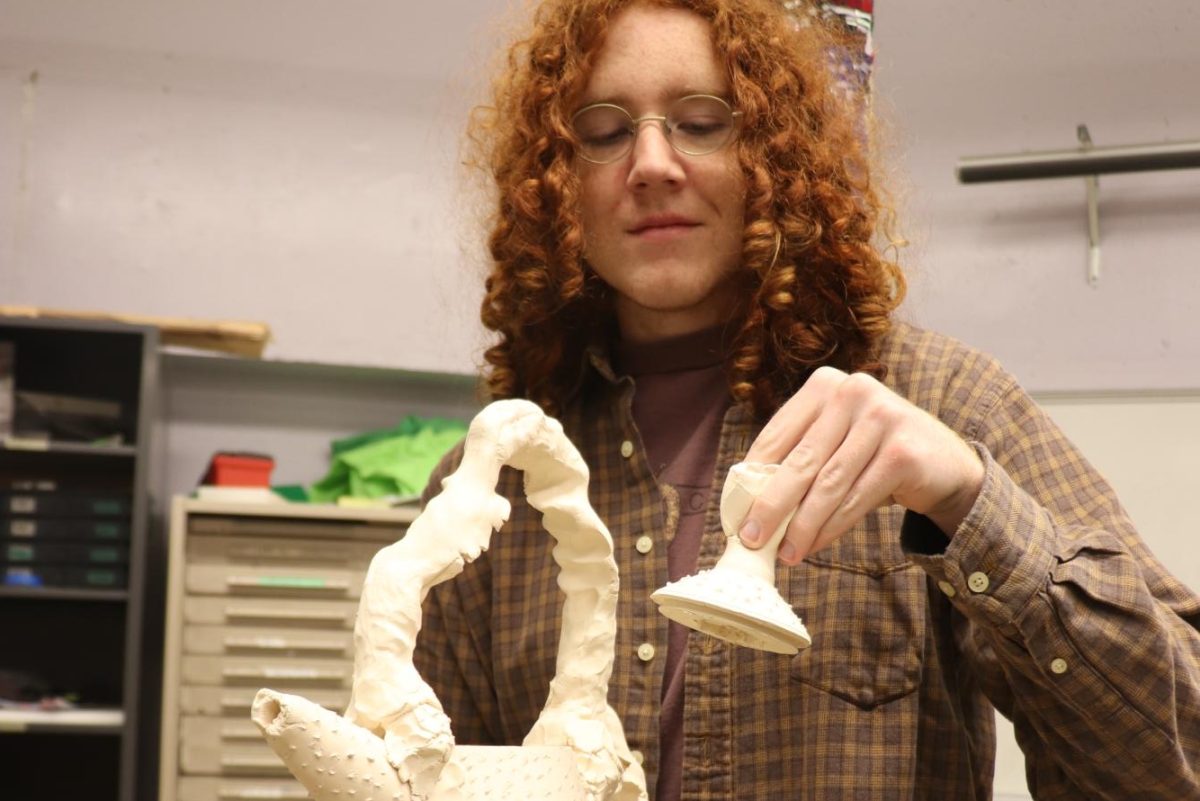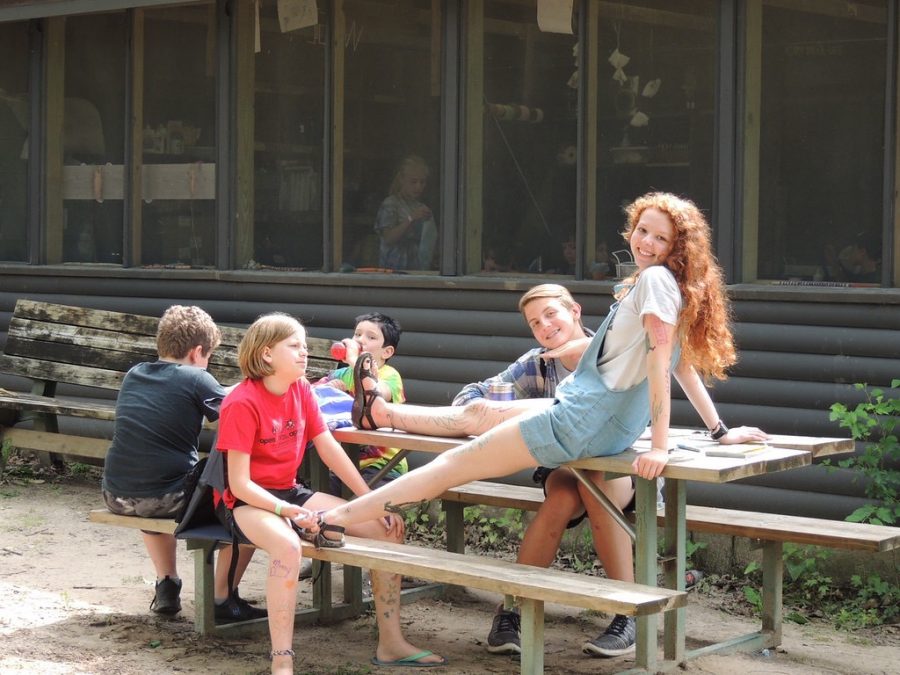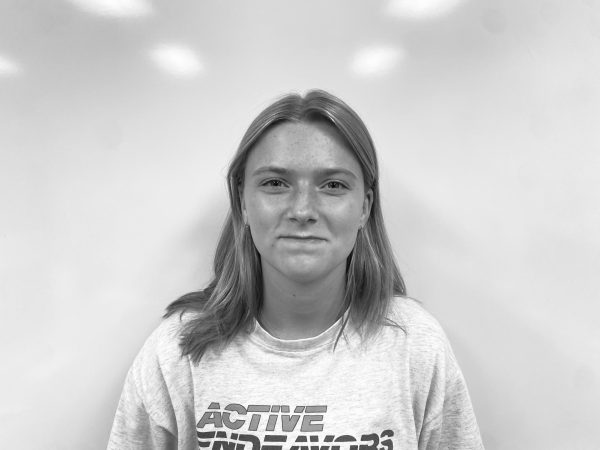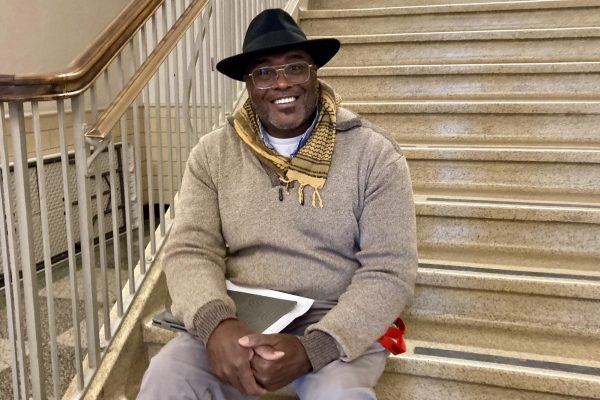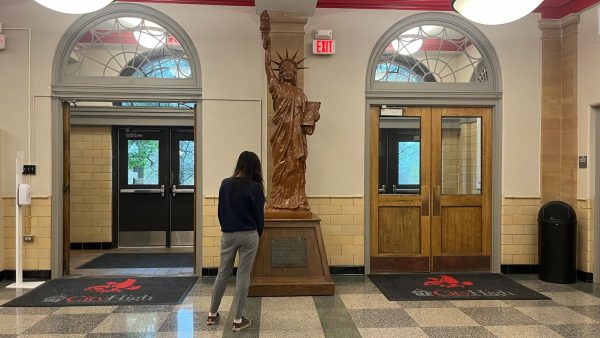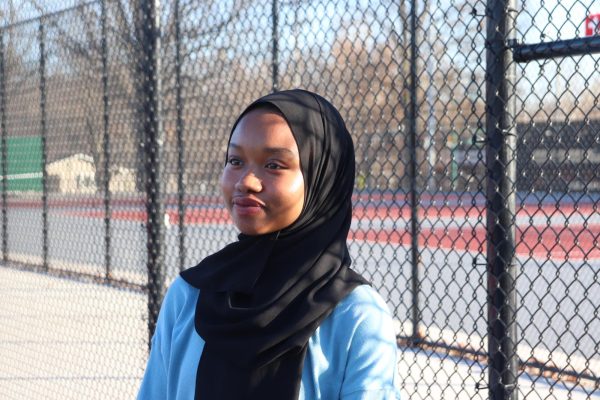Summer Safe Haven
February 14, 2018
Camp Wapsie, tucked away in the woods near the Wapsipinicon River, looks like it came right out of “The Parent Trap.” But for many of the children who attend every summer, Camp Wapsie is much more than a camp — it’s a safe haven from the anxieties, stresses, and traumas of their lives.
Micah Williams hasn’t had a stable summer for quite a few years, and for her, Camp Wapsie has been a lifeline
“My family’s really complicated because they’re all divorced, so the summers are usually really hard because I’m always traveling between different houses you know,” she said. “Camp is the one place where I don’t have to worry about which house I have to go to, or what family problem is going on right now.”
Williams is not alone in her perception of camp. Asha Sandhu, who participated in the camp’s Leader in Training program, has noticed a common trend of difficult experiences at camp.
“A lot of the people at camp don’t really have the best home life and I don’t really know why,” said Sandhu. “But I feel like they want to go to camp to talk about everything that might be happening with their friends, family, or anything really. They can go to camp and not have to worry about it.”
Williams, who has been attending Camp Wapsie for the past 11 years, said that she often finds solace in the energy of the camp.
“There’s no issues there: you go there, everybody’s happy, and everybody wants to be there,” she said. “It’s kind of the one place where I actually don’t have to worry about anything, and that’s really important.”
For Williams and Sandhu, a lot of the support they have found at Camp Wapsie has been through the staff members. At Wapsie, the majority of people on the counseling staff are required to go through two years of training, in the “Leader in Training” and “Counselor in Training” programs. In these programs, the “ITz,” as they’re called around camp, learn how to address problems from abusive situations to homesickness.
“During the Counselor in Training program, you have an abuse meeting, where you learn that we’re mandatory reporters,” said Lucy McGehee ‘16, a counselor at Wapsie. “You also learn that you’re never alone in the process of reporting.”
Clara Gilbert, who served as the Counselor in Training Director last summer, said that it is necessary to be vigilant and observant as kids may show red flags. Kids may disclose information at any time, even in passing. One of the main ways counselors are trained to identify possible abusive situations is through a process called “Bumps and Bruises,” where they run through a list of possible injuries the campers could come to camp with, such as large bruises, burns, and other wounds.
“When it comes to training counselors, the most important aspect is not putting words in the camper’s mouth. Instead ask open-ended questions,” she said. “it’s important to not promise that you won’t tell anyone because you are a mandatory reporter.”
Gilbert added that in her experience, it’s most important to give the camper disclosing your undivided attention and respect, and to remain patient throughout the entire process.
“I know of counselors who sat with kids all night as they talked out their experiences and struggles,” she said. “In my experience, red flags were a mature knowledge and vocabulary and isolation.”
This training has proven to be very useful to many staff members, including McGehee, who had to address a situation of abuse in the first two years of being on staff.
“I noticed that one of my girls was very, very shy. When I talked to her she just would not respond, sometimes even physically turn away from me when I tried to talk to her,” she said. “Later, she confided in my co-counselor that she had been abused at home previously. It was resolved in the courts already, so we didn’t have to report it to Child Services, but it had a very clear impact on her personality and even her time at camp.”
McGehee took this encounter to improve how she interacted with other campers.
“I do this thing where I will play with people’s hair, out of affection or just as a habit. And I did it to this girl and she immediately said ‘Don’t touch my head.’ I later found out that her step-dad had pulled her hair, and that’s why” she said. “I’m very aware of things like that with other campers now — if they’re shy there could be other reasons that just their personality, if they don’t react well to some interactions there could be other factors.”
Anna Basile, who used to be the Leader in Training director at Wapsie, has also encountered sensitive situations with her campers, including situations surrounding abuse.
“Noticing signs of abuse and having to bring them up with a kid during camp can be really hard,” Basile said. “Because on the one hand you feel like this should be their one week away from it, the one week they can actually be a kid, but on the other you have to make sure that they will be safe when they leave camp.”
At Wapsie, some of the training counselors go through is understanding the chain of command when it comes to reporting abuse, mental illness, and other types of harmful situations. According to Gilbert, with mental illness and self-harm, you often report to the camper’s parents or guardians, but with reports of abuse, counselors are told to fill out confidential incident reports and inform Child Protective Services.
“Wapsie offers a safe and nurturing environment that kids feel more comfortable to speak up than they do at school,” she said.
While campers often do confide in counselors and staff members, they can also find comfort and companionship in their fellow campers and ITz. Together, they can talk about everything from crushes to suicide. These discussions often give campers a chance to view things from another’s perspective.
“People tell stories about things that have sucked in their lives,” said Sandhu. “You give input and I like to think that people take the into consideration and get a different viewpoint from people of all walks of lives.”
Megan Hentges, another participant in the leadership program, went through some hard moments at camp. Hentges thought that having her director and fellow campers helped her through a “rough patch” in her life.
“I kinda broke down during [my second week last summer,]” Hentges said. “And [our Leader in Training director] wasn’t like ‘It’s going to get better,’ and all that — he was there for us in the realist way, like how you want someone to be there for you.”
For Hentges, she doesn’t only talk things through with her fellow ITz when she needs a spirit-lifter — she also throws herself into interacting with campers.
“When when I’m feeling down, helping a kid always makes me feel better,” said Hentges.
This support extends beyond Camp Wapsie. Campers often keep in touch over the summer and throughout their lives.
One prime example of these friendships is between Williams and Hentges — the two met at Wapsie four or five years ago, and have been close ever since.
“I know that I can go to Meg or Micah and talk about anything if I need to because we’ve gotten so close at camp,” said Sandhu. “I feel like when you live with each other, it could be just a week but even three weeks that just brings you so close you definitely have support. [You] can just have a safe place to open up and talk about anything.”



